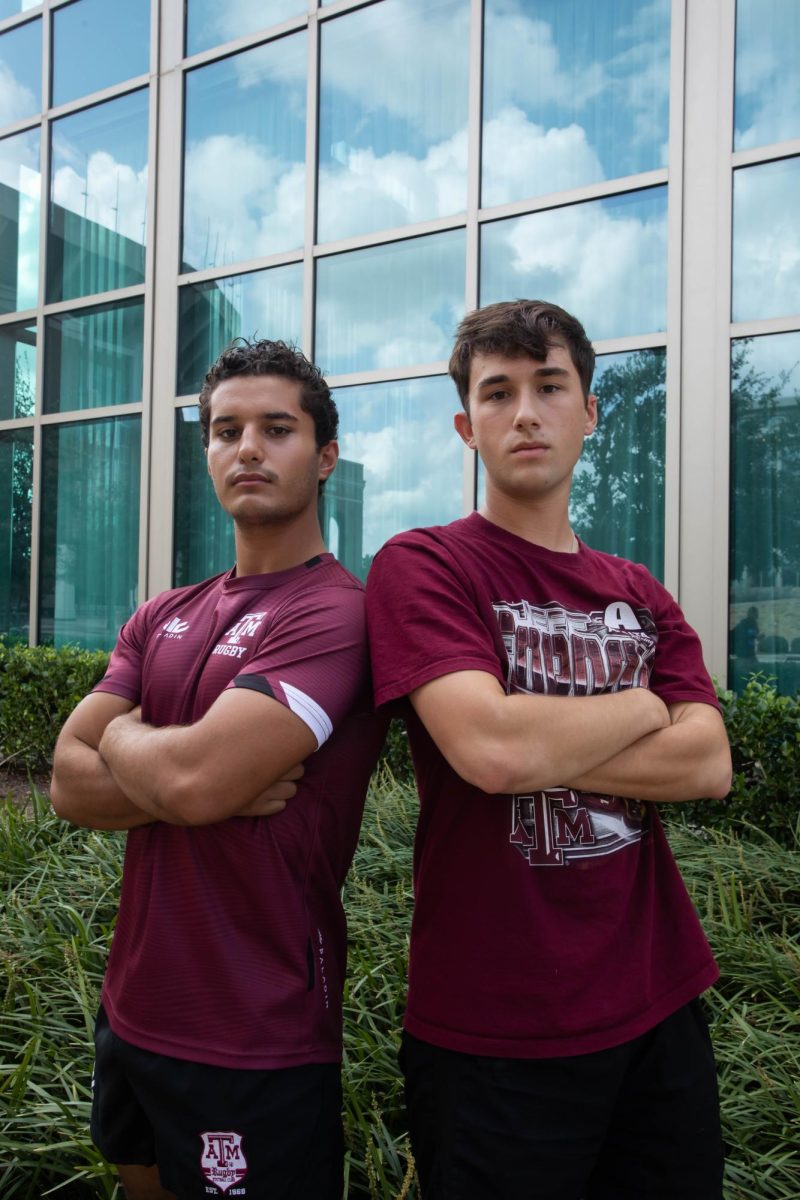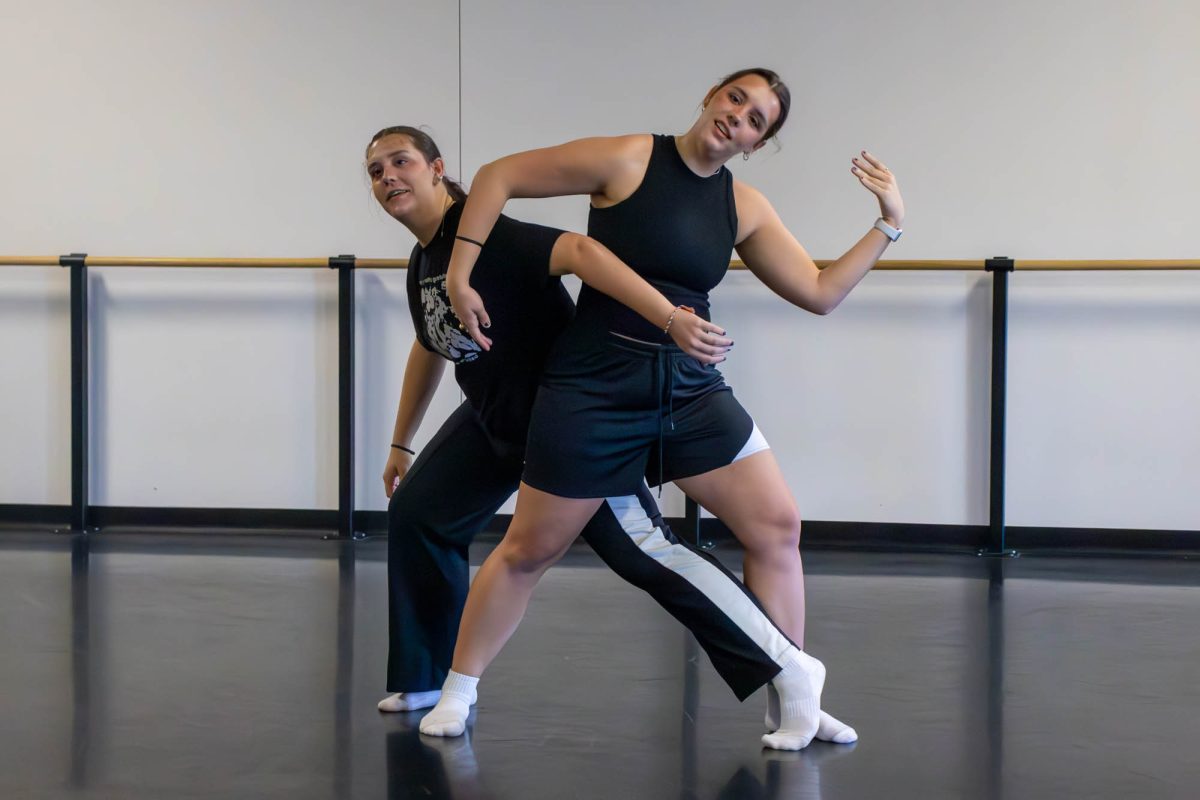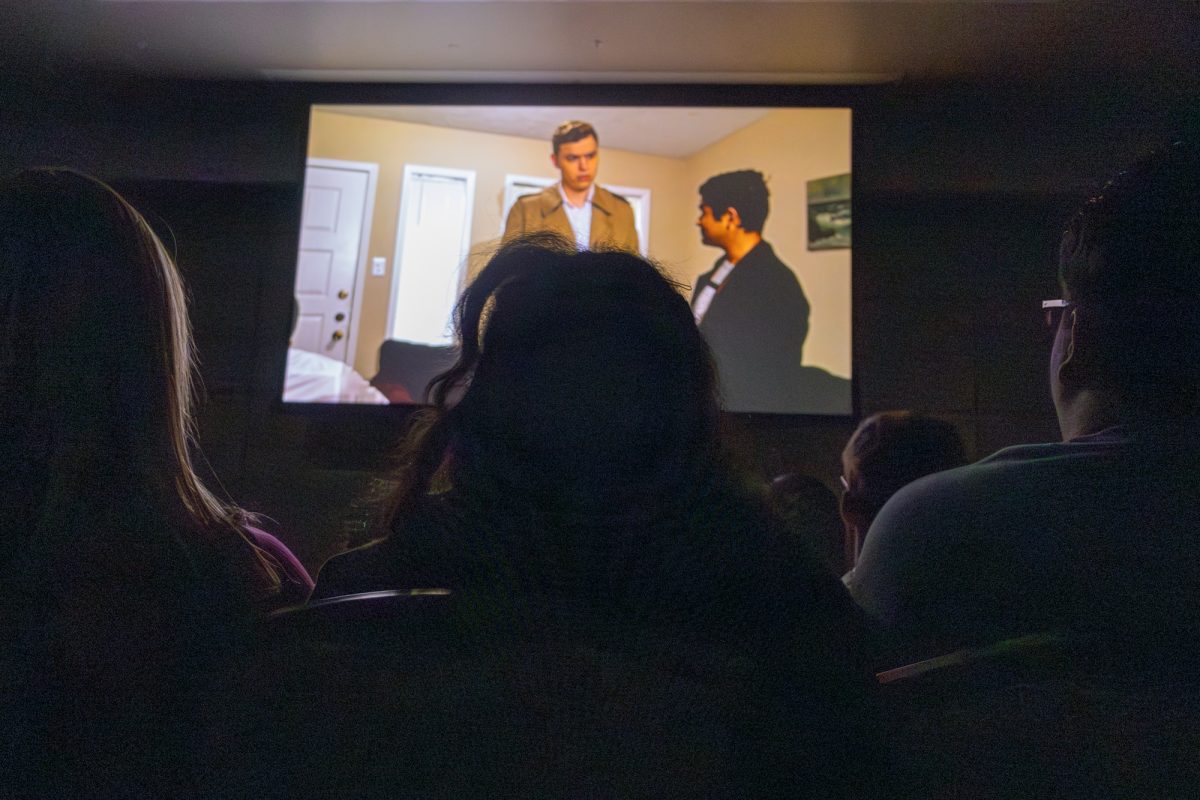Adding to the growing number of student governments against the Safe Campus Act, a Texas A&M Student Senate bill in opposition to the U.S. bill garnered early support at Wednesday’s meeting.
SB 68-28, the Sexual Assault and Harassment Victims Protection Bill, was authored and introduced by Student Senator Jackson Kuplack and Speaker Pro Tempore Aubre Dean with eight other senators co-sponsoring. If passed, SB 68-28 would make it the official stance of the Student Government Association that it “advocate at the national level against H.R. 3403,” the Safe Campus Act of 2015.
The Safe Campus Act, introduced by Representative Matt Salmon (R-AZ-5), would amend the Higher Education Act of 1965 by making it required that any report filed with the university by a victim of sexual violence be referred to law enforcement within 48 hours.
Kuplack said that if SB 68-28 is passed, copies of the Student Senate bill will be sent by mail to all the members of the House Committee on Education and the Workforce as well as every representative of the Texas delegation.
Student Senator Kasey Khoobiar, a co-sponsor of SB 68-28, said during the bill presentation that it is important for A&M SGA to be unified with other student governments on this issue to give their voice more weight.
“We already know that currently places like UT, SMU, Texas Tech, Baylor, Texas State, all of their student senates have opposed this bill … I think we need to be unified on this issue,” Khoobiar said.
Kuplack and Dean said reporting rates would fall and victims of sexual violence would suffer if the Safe Campus Act passed through Congress.
In the text of their bill, Dean and Kuplack quote a Department of Justice study on reporting numbers on college campuses as evidence to the potential detrimental effect of H.R. 3403.
“According to a report by the Justice Department in 2014, only 20 percent of campus sexual assault victims go to the police given that victims are often assaulted by friends and partners pressing charges does not seem like an option,” the bill reads. “Because H.R. 3403 forces students to consult law enforcement before the University can act, it is practical to assume that the fear of going to law enforcement will hinder the likelihood of the students seeking support from the University or potentially reporting the assault at all.”
Dean said while she thinks the system currently in place on college campuses does need reform, this Safe Campus Act — as it is currently written — isn’t the one to do it.
“Due to personal experience, as well as being voted into my position by students, I feel inclined to speak on behalf of victims and also those falsely accused,” Dean said. “And while I think that the system currently in place needs reform, I feel like this kind of reform — that H.R. 3403 would create — would do more harm to our campus than good.”
Khoobiar, another co-sponsor of SB 68-28, echoed Dean’s sentiments in saying the bill in Congress doesn’t do enough.
“I think we can do better and I think we need to do better, in order to ensure everyone’s safety and in order to ensure we have a learning environment that is accommodating to everyone,” Khoobiar said
Dean and Khoobiar said the three biggest things they would like to see in any national reform efforts going forward are a universalized adjudication process, an open conversation about sexual violence on campus when students are first entering the student body and a greater volume of training that is more specialized to issues of sexual violence for law enforcement and counselors.
SB 68-28 was referred to the Legislative Affairs Committee. Over the next two weeks it will be discussed, amended and finally brought back to the floor for debate and a final vote.
Aside from the introduction of SB 68-28, Student Senate also hit on a range of other topics at the meeting, including capping student population growth, extending the traffic barrier on Northgate and expanding Good Samaritan laws in the arena of substance abuse and safety.
The Responsible Student Population Growth Bill, which advocates for capping enrollment at current levels, passed the Student Senate unanimously, and the Protect Our Ags Bill, which advocates for extending the traffic barrier at Northgate, was referred back to the community relations committee for a second time. The committee will weigh pushing forward with advocating for the wall versus a special speed zone to reduce the speed limit between 11 p.m. and 2 a.m. over the next two weeks.
The Good Samaritan Law Reformation Bill, a bill requesting “that students be granted protection when seeking medical attention due to impairment from substance abuse” was introduced by Joshua Lewis a member of the SGA legislative relations team. Lewis said while he and the legislative relations team in no way advocate for substance abuse, they also don’t want people to be scared to seek out medical treatment when they need it. The bill was referred to the Legislative Affairs Committee.









